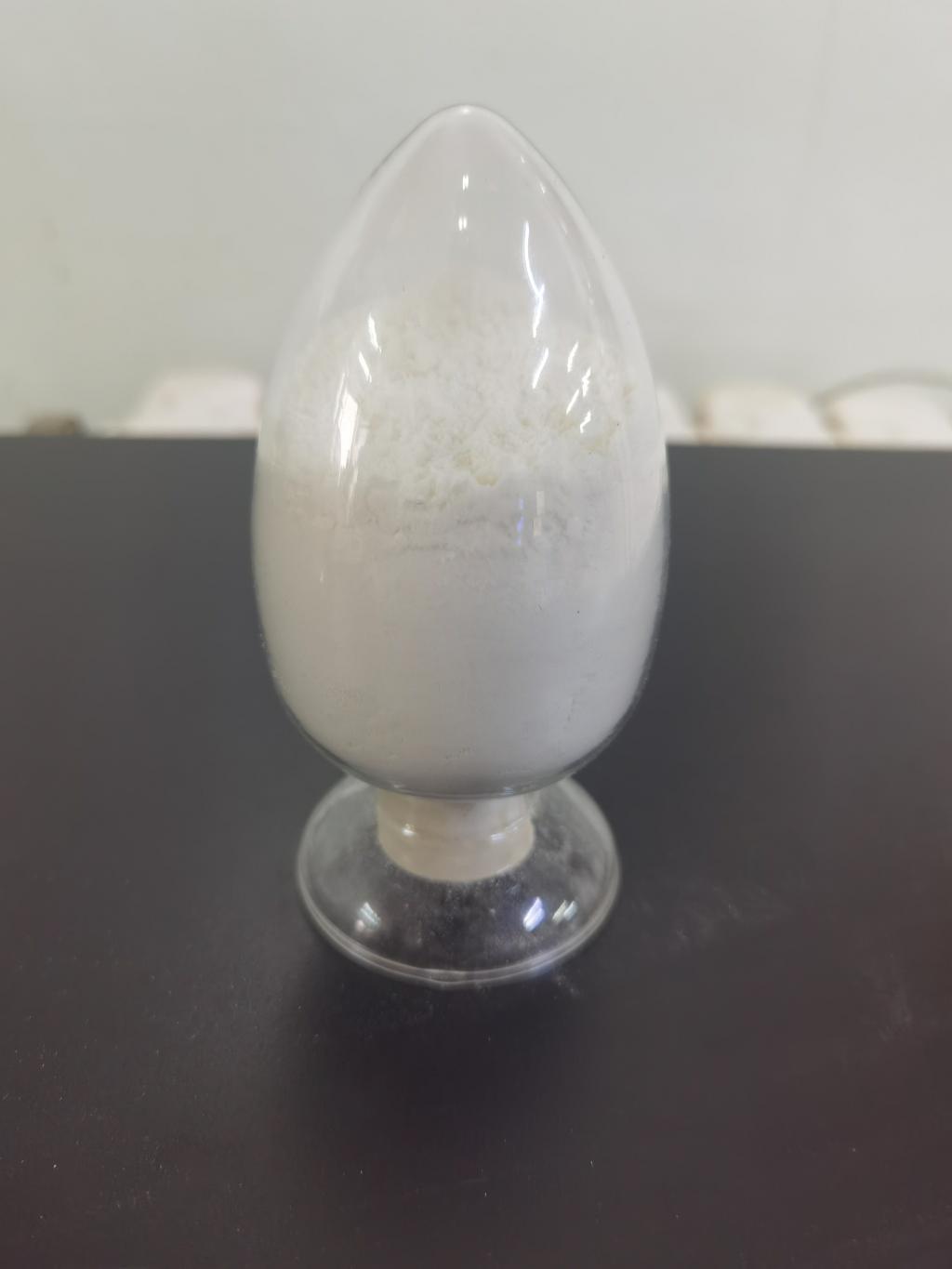Tel:+8618231198596

News
 CONTACT
CONTACT
 CONTACT
CONTACT
- Linkman:Linda Yao
- Tel: +8618231198596
- Email:linda.yao@dcpharma.cn
- Linkman:CHARLES.WANG
- Department:Overseas
- Tel: 0086 0311-85537378 0086 0311-85539701
News
Precision Solutions in Brewing: The Application of ε-Polylysine Hydrochloride in Beer Production
TIME:2024-02-18
The Brewing Industry's Pursuit of Precision:
a. Quality Assurance: Brewers are constantly seeking ways to maintain and improve the quality of their products. From flavor consistency to microbial stability, precision in brewing is crucial for meeting consumer expectations and achieving success in the competitive market.
b. Innovation and Sustainability: The brewing industry is embracing innovation and sustainability as key pillars of growth. Precision solutions that enhance the brewing process while aligning with environmental and consumer-friendly practices are highly sought after.
Introduction to ε-Polylysine Hydrochloride:
a. Natural Antimicrobial Agent: ε-Polylysine hydrochloride is a naturally occurring antimicrobial peptide derived from fermentation processes. It is known for its efficacy in inhibiting the growth of various microorganisms, making it an attractive choice for preserving the quality and safety of food and beverages.
b. Water Solubility and Stability: ε-Polylysine hydrochloride exhibits excellent water solubility and stability over a wide range of pH levels and temperatures. These properties contribute to its versatility in applications within the brewing process, ensuring effective distribution and activity throughout the beer production cycle.
Addressing Microbial Stability in Beer:
a. Spoilage Microorganisms: The presence of spoilage microorganisms in beer can lead to off-flavors, haziness, and a decrease in shelf life. ε-Polylysine hydrochloride, with its antimicrobial properties, addresses these concerns by inhibiting the growth of unwanted bacteria and yeast strains that may compromise the beer's quality.
b. Enhanced Filtration: The use of ε-polylysine hydrochloride aids in filtration processes by preventing clogging due to microbial particles. This contributes to the clarity of the beer, ensuring that it meets the visual expectations of consumers while maintaining the desired flavor profile.
Quality Preservation and Consistency:
a. Flavor Stability: Maintaining the desired flavor profile in beer is a key consideration for brewers. ε-Polylysine hydrochloride helps in preserving the flavor stability of beer by preventing the growth of spoilage microorganisms that could alter the taste over time.
b. Consistent Product Quality: The controlled antimicrobial activity of ε-polylysine hydrochloride allows brewers to achieve consistent product quality from batch to batch. This precision in maintaining flavor, aroma, and overall characteristics is essential for meeting consumer expectations and building brand loyalty.
Extending Shelf Life and Reducing Waste:
a. Shelf Life Extension: The antimicrobial properties of ε-polylysine hydrochloride contribute to extending the shelf life of beer. Brewers can confidently produce products with longer durability, reducing the risk of unsold inventory and minimizing waste.
b. Sustainable Brewing Practices: The extension of shelf life aligns with sustainability goals by reducing the environmental impact associated with disposal of expired products. Brewers adopting ε-polylysine hydrochloride contribute to a more sustainable brewing industry.
Application in Craft Brewing:
a. Small-Batch Consistency: Craft brewers, often working on smaller scales, can benefit from the precision offered by ε-polylysine hydrochloride in maintaining consistency across limited production volumes. This is especially critical for craft breweries that prioritize quality and uniqueness.
b. Innovation in Flavor Profiles: Craft brewers can experiment with a wider range of flavors and ingredients, knowing that ε-polylysine hydrochloride helps protect these unique combinations from unwanted microbial influences, ensuring the final product reflects the brewer's creative vision.
Regulatory Compliance and Consumer Safety:
a. GRAS Status: ε-Polylysine hydrochloride has Generally Recognized as Safe (GRAS) status, confirming its safety for use in food and beverages. Brewers incorporating this antimicrobial agent can be confident in meeting regulatory standards and ensuring consumer safety.
b. Transparent Labeling: The natural origin of ε-polylysine hydrochloride supports transparent labeling, a practice increasingly valued by consumers. Brewers can communicate the use of this natural antimicrobial agent, building trust with consumers who prioritize clean and clear ingredient lists.
Challenges and Considerations:
a. Dosage Optimization: Achieving the right balance in ε-polylysine hydrochloride dosage is critical for effective microbial control without impacting the sensory attributes of the beer. Brewers need to conduct thorough trials to determine optimal usage levels based on beer styles and production processes.
b. Educating Brewers: The successful integration of ε-polylysine hydrochloride in brewing requires education and training for brewers. Providing information on its benefits, optimal usage, and impact on the brewing process will empower brewers to make informed decisions.
Future Perspectives and Collaborative Research:
a. Continued Research: Ongoing research in the field of brewing technology can unveil new possibilities and applications for ε-polylysine hydrochloride. Collaborations between researchers, brewers, and suppliers can drive advancements that further enhance its efficacy and versatility.
b. Global Adoption: As brewers worldwide recognize the benefits of ε-polylysine hydrochloride, its global adoption is likely to increase. This could lead to standardized practices that contribute to the precision and consistency of beer production on a global scale.
Conclusion:
The application of ε-polylysine hydrochloride in beer production represents a significant stride towards precision solutions in brewing. As the industry continues to evolve, brewers are increasingly turning to innovative technologies that enhance product quality, extend shelf life, and align with sustainability goals. ε-Polylysine hydrochloride, with its natural antimicrobial properties, is positioned as a valuable tool for brewers seeking to meet the demands of a discerning market while ensuring the consistency and safety of their products. As the brewing landscape embraces precision, ε-polylysine hydrochloride stands as a beacon of innovation, contributing to the creation of exceptional beers that captivate the palates of consumers around the world.
- Tel:+8618231198596
- Whatsapp:18231198596
- Chat With Skype







